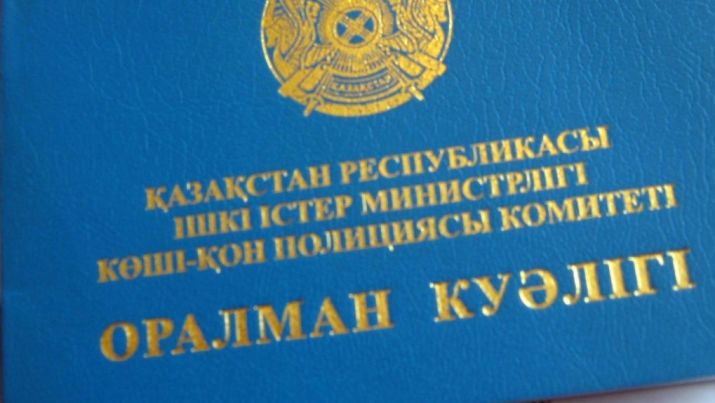NUR-SULTAN – Former President Nursultan Nazarbayev directed the government March 16, three days before he announced his resignation, to allow an extension for people with the status of oralman ( the “returning ones”, ethnic Kazakhs who immigrate to Kazakhstan since its independence) to acquire Kazakh citizenship through a simplified procedure.
People who receive the status of oralman have the right to acquire Kazakh citizenship through a simplified procedure, with the standard procedure for other applicants involving a five-year period of residence in Kazakhstan. Some oralmans did not acquire citizenship through a simplified procedure within the allotted time frame and requested assistance from the Kazakh Ministry of Labour and Social Protection for a time period extension. The deadline is now Dec. 31.
As of Jan. 1, more than 14,541 ethnic Kazakhs received the status of oralman since July, reports the Kazakh Ministry of Labour and Social Protection. Forty-nine percent were from Uzbekistan, 37.3 percent from China, 4.9 percent from Mongolia, 3.1 percent from Turkmenistan, 1.3 percent from Russia and 4.4 percent from other countries. Approximately 29 percent settled in Almaty, 16.6 percent in the Turkestan Region, 11.8 percent in the Mangystau Region and 9.1 percent in Nur-Sultan, with 32.6 percent residing elsewhere in Kazakhstan. Just more than 63 percent are of the legal working age, 27.2 percent are under the legal working age and 9.5 percent are pensioners.
Approximately one million ethnic Kazakhs have returned or moved to Kazakhstan following the launch of the government’s repatriation programme shortly after independence. People with the status of oralman usually come from Afghanistan, China, Iran, Kyrgyzstan, Mongolia, Uzbekistan, Russia and Pakistan and settle in areas of Kazakhstan adjoining or near to their former homes.
Oralmans are assisted with access to healthcare, education, social security and employment. To facilitate their repatriation process, the government has run integration centres for their temporary residence since 2008. There, oralmans receive legal consultations and support for learning the state languages and receiving vocational trainings and professional development. Councils of Oralman were also set up by regional akimats (administrations) to assist them in their new living conditions.

